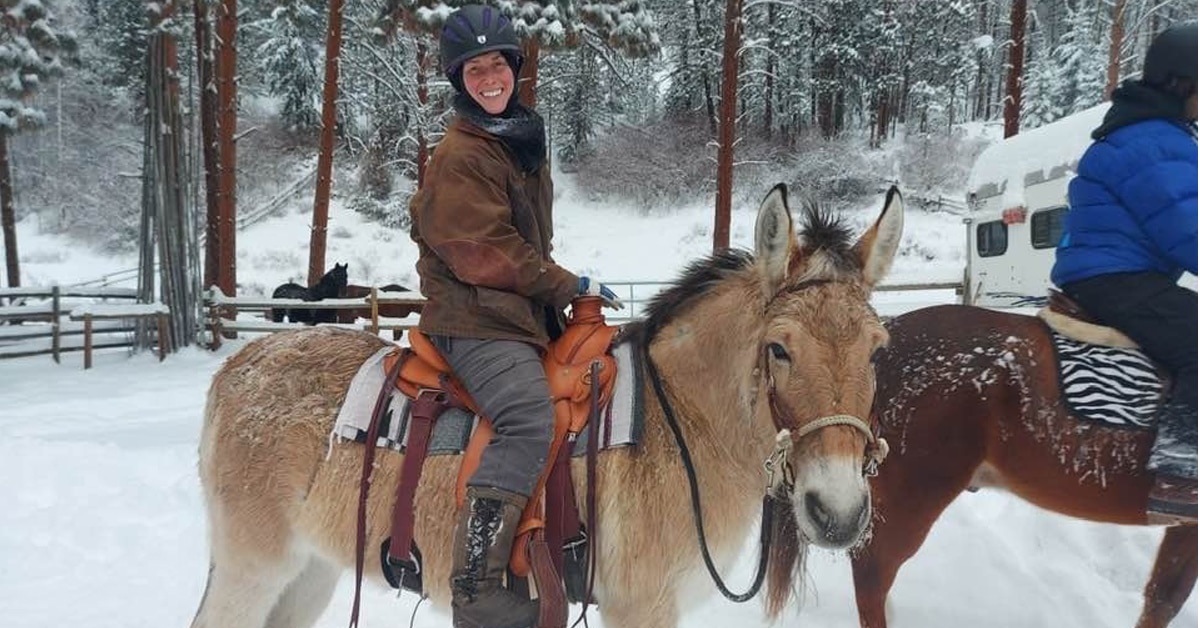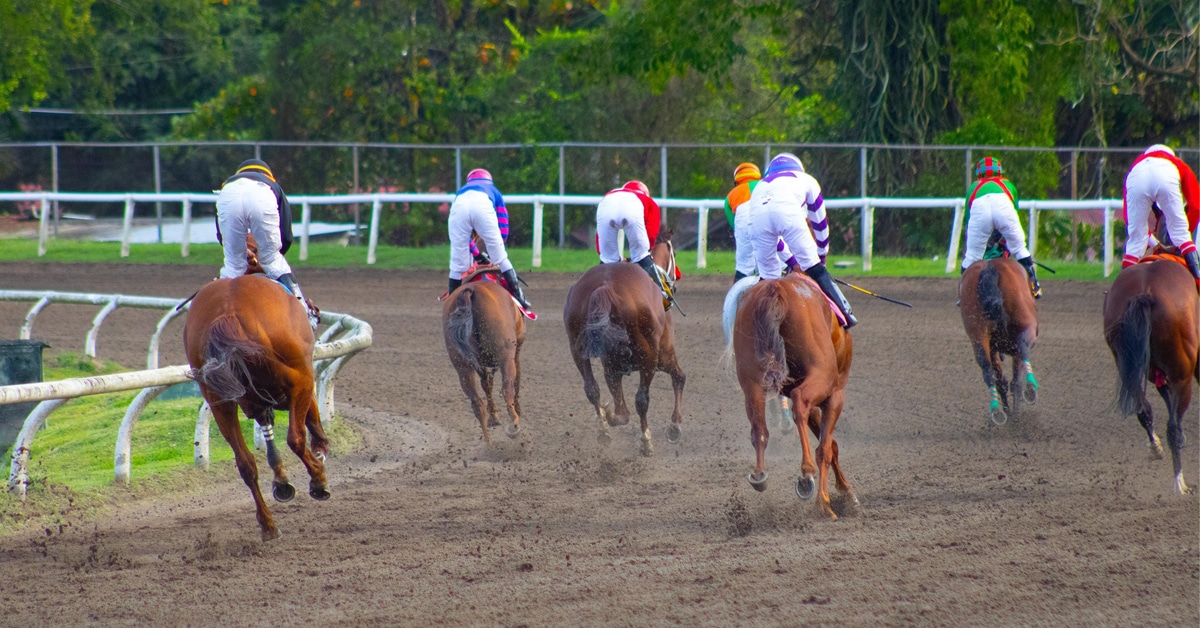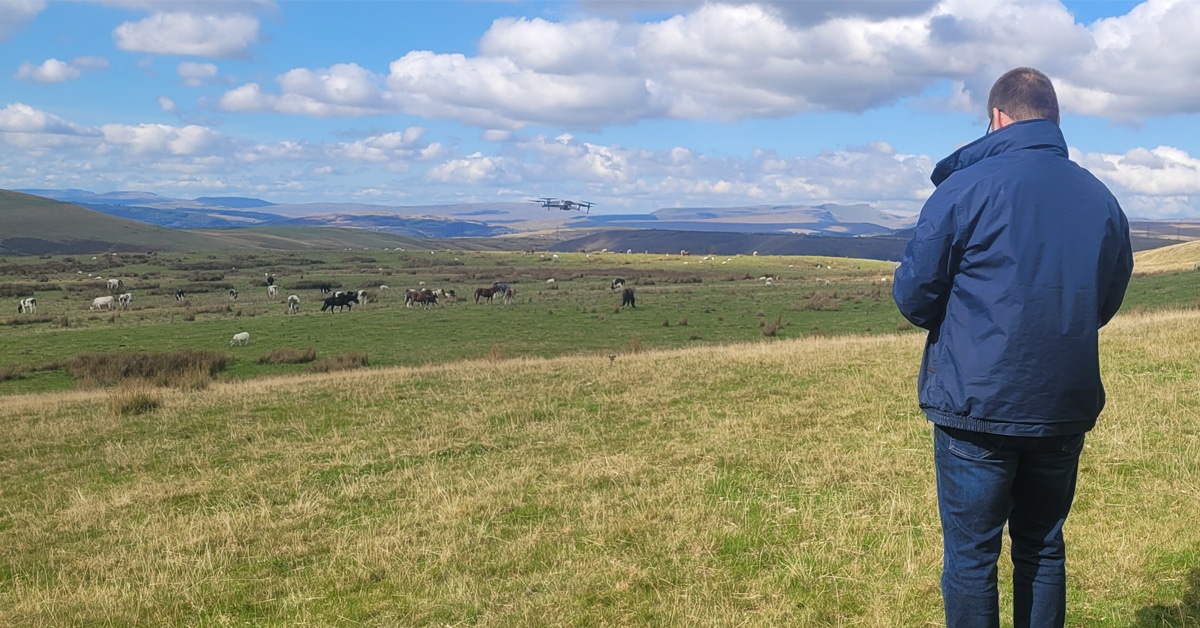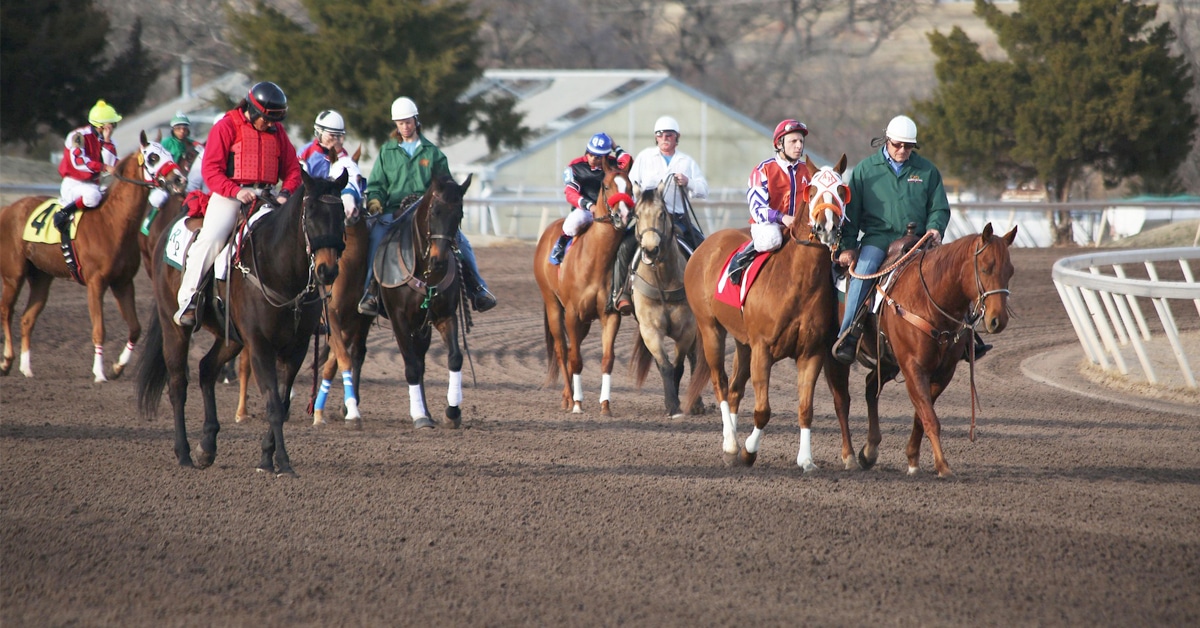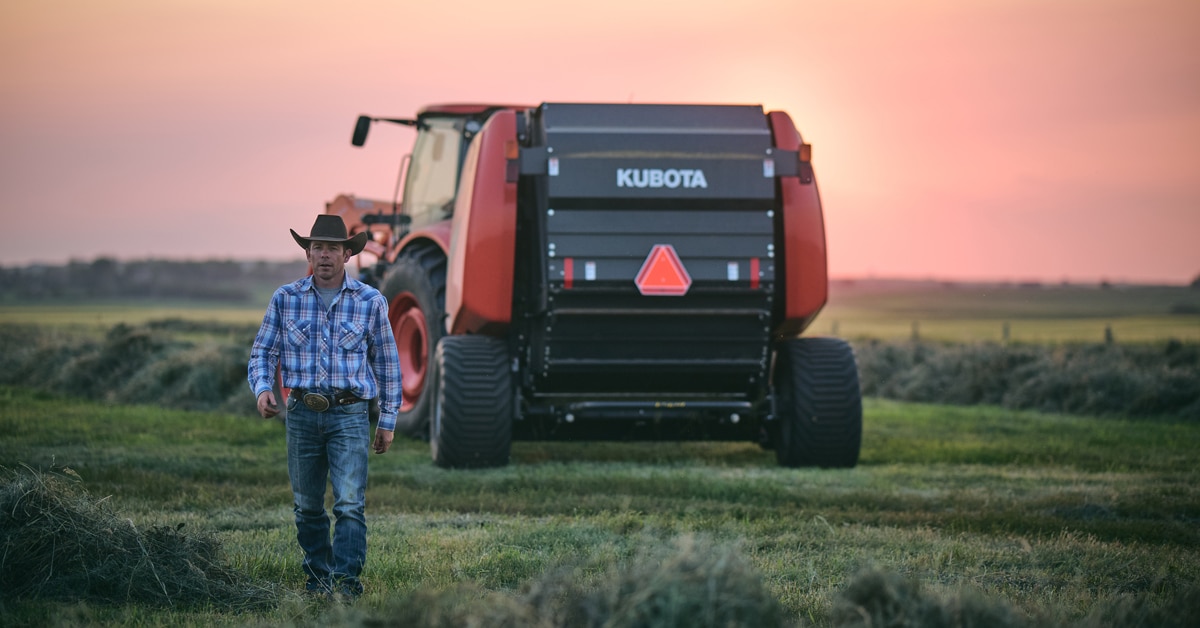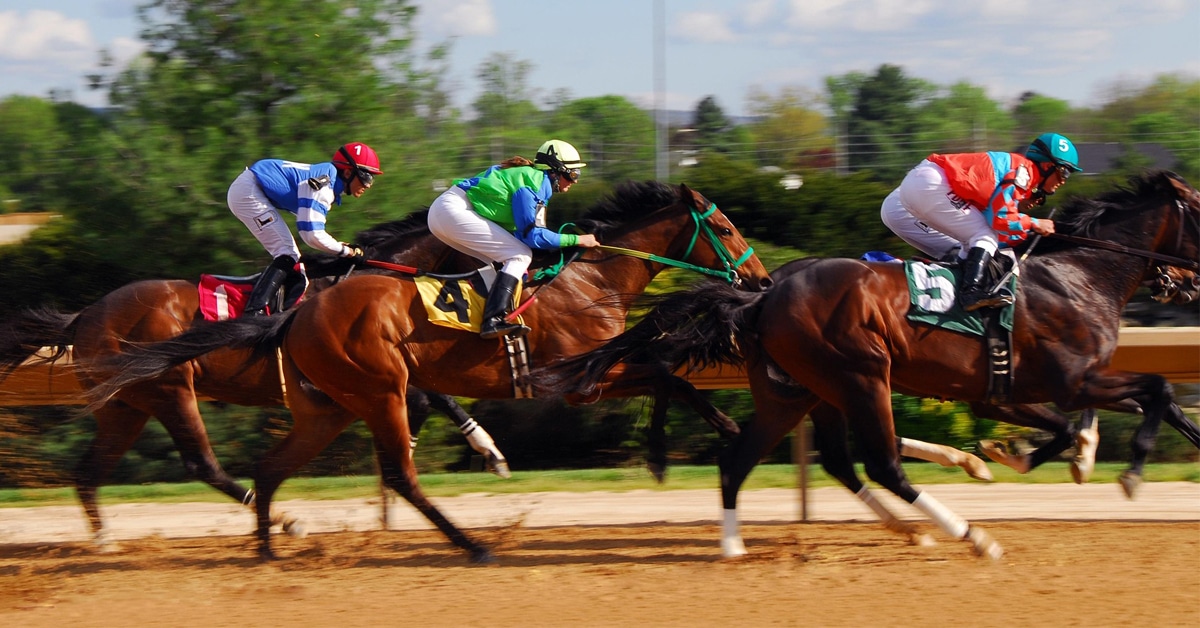This week in our senior series we shift the focus onto the nutritional issues facing our horses as they age. We spoke with Dr. Bettina Bobsien, a Vancouver Island-based veterinarian with a lifelong passion for both animal care and animal welfare. She works with both the BCSPCA and Humane Canada on a variety of animal welfare issues, from shelter design and management, to policy development and animal care concerns.
Dr. Bobsien is currently the chair of the CVMA Animal Welfare Committee, chair of The Equestrian Canada Health and Welfare Committee, and the veterinary ethics editor for the Canadian Veterinary Journal. She actively advocates for horses that are “unwanted” or at the end of their careers by engaging in public education on the matter. She volunteers with hands-on projects including providing aid to horses and veterinarians in Cuba, and providing health care and first aid courses for horse owners. She continues to practice part-time on Vancouver and Galiano Islands, with a practice focus on performance horses, nutrition, geriatric horse care, podiatry, and equine endocrine diseases.
Horse Canada: What are the main dietary issues for senior horses?
Dr. Bettina Bobsien: The same issues as non-senior horses! Some do well on any normal feeding program, some struggle with excess weight, some are “hard keepers.” In general, older horses may have some reduced digestive capacity so a moderately higher protein level can be helpful. If they have a life history of good dental health and care, they are set up well to age gracefully.
HC: When should an owner consider starting a horse on a senior feed?
BB: If they have known dental issues [missing or worn-out teeth] or are having trouble maintaining weight or muscle mass. Horses diagnosed with PPID [Pituitary Pars Intermedia Dysfunction] or EMS [Equine Metabolic Syndrome] may require a specialized diet tailored to their condition.

Dr. Bobsien riding her Oldenburg mare, Faline in PSG. The horse passed away at 28, and was on pasture her whole life, even when she had PPID. “Maybe that’s why she looks so happy,” says Bobsien.
HC: How are hay cubes used in feeding some senior horses?
BB: They can be a great source of “pre-chewed” feed for horses with dental troubles. Soaking them is the best way to feed them, if possible.
HC: Are there any good supplements for seniors that truly help? Or specific ingredients? Personally, I’m always suspicious of supplements.
BB: There are probably far more supplements on the market that any horse needs! A good quality fat source such as milled flax or camelina oil is beneficial for coat and skin health. Some people have good success with a high-quality glucosamine supplement. That is a buyer beware product – only purchase from a trusted source as many mislabeled (ie. diluted) products are on the market. Some seniors will benefit from a protein fortified concentrate.
HC: Any special tips on horses with Cushings and grass?
BB: First, ensure the horse is metabolically stable – blood work normalized with appropriate pergolide dosing and no symptoms of laminitis.
Watch the body weight and fat deposition very carefully. If your horse is getting heavy, or has a lot of topline fat, you need to reduce grass intake. Try to keep the pasture very short [overgrazed]. You want the horse walking all day, eating tiny bits of grass. Grass is lowest in sugar in the middle of the night and into the morning. If limited grazing is used, let them out as early as possible and or use shaded pastures. As the sun shines on the grass, the sugars increase over the day.
Have your veterinarian monitor your horse’s blood work. Elevated insulin can be a warning of impending laminitis. Also exercise your senior horse if you can. Moderate exercise two or three times a week can lower the risk of laminitis as well.
*****
Next time: Joint Health in Senior Horses
The Latest
